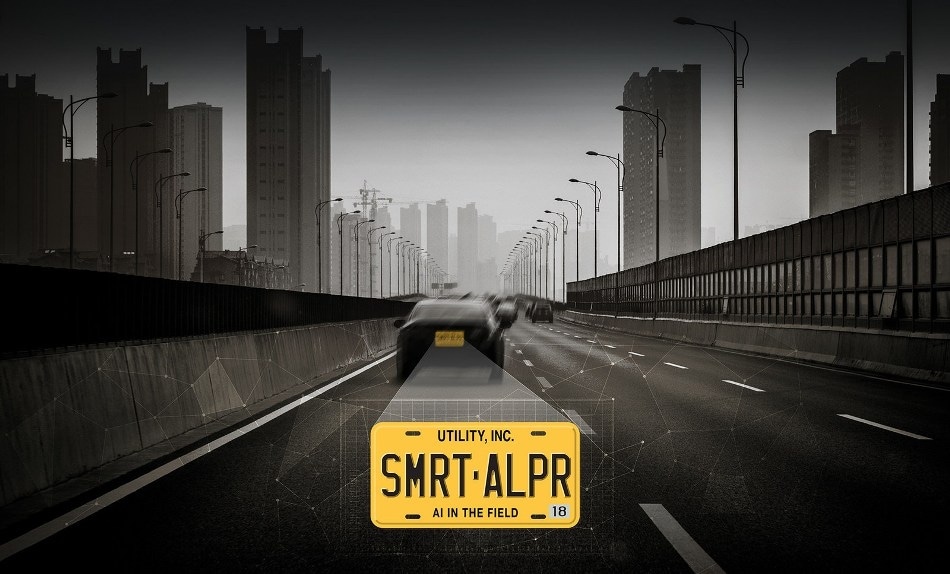Oct 20 2017
Utility, Inc. announced today that they are in collaboration with Sony to develop Automatic License Plate Recognition (ALPR) application with Sony's heightened video recognition technology, which is an add-on to existing Rocket IoT Vehicle video systems.
 ALPR is a robust system with advanced vehicle identification that leverages in-car video systems. Credit: PR Newswire
ALPR is a robust system with advanced vehicle identification that leverages in-car video systems. Credit: PR Newswire
It will intelligently recognize vehicle design, catalog last known locations, and tag license plate information to recorded videos collected by the Utility Rocket IoT in-car video system at a fraction of the cost of conventional ALPR systems.
The ALPR application concept will be introduced at Utility's booth during the IACP Conference as one of Utility's "Artificial Intelligence in the Field" solutions.
"We are excited to enter into this collaboration project with Utility and continue to develop incredible technology for police and other first responders. Utility is a unique manufacturer in providing officers with communication and edge based computing capabilities with their outstanding BodyWorn computing platform and Rocket IoT in-car system. It is an excellent match with Sony's video recognition technology backed by many years of experience in the field of video processing and imaging," said Bruce Tanaka, General Manager at Sony Imaging Products & Solutions, Inc. "Both companies strive to deliver ground breaking intelligent solutions, so it makes sense that our teams come together to further catalyze the spread of intelligent solutions to the first responder community."
"Our collaboration with Sony on ALPR is a game changer for the law enforcement industry. This new technology, changes the way traditional in-vehicle video systems work by enhancing their ability to associated license plates with video, and their location," said Ted Davis, President & CEO of Utility Inc. "By using video recognition technology for this task, we are offering more than just a license plate reading. ALPR captures valuable information about the vehicle, providing real-time communications and even more situational awareness than ever before. So, while we are thrilled with what we have been able to achieve with the technology itself, the economics are equally compelling. Simply put, this has the potential to allow every law enforcement vehicle on the road to be able to afford license plate recognition capabilities."
On the first day of the IACP exhibit, Utility will also officially launch Gunshot Detection capabilities to every user of BodyWorn in the United States. Gunshot Detection is the only Body Camera technology to detect an Officer shooting, and being fired upon, and trigger a sequence of policy-based AI decisions including BodyWorn activation and alerts to responding units.
Utility's Complete Evidence Capture and Management System
Both the BodyWorn camera and the Rocket IoT, singularly or in conjunction, utilize their unique communication capabilities to activate specific recording triggers that automatically initiate video recording. These triggers are set by the Department's individual recording policies—including a built-in accelerometer, prone positioning, light bar sensors in concert with door opening, rapid motion, GeoFence entry, etc.— and can be updated at any time via their video management system, AVaiL Web™. The BodyWorn camera and the Rocket IoT system offer unique integration with real-time GPS reporting of officer and vehicle, auto-related video for synchronized video playback, dockless evidence offload and more.